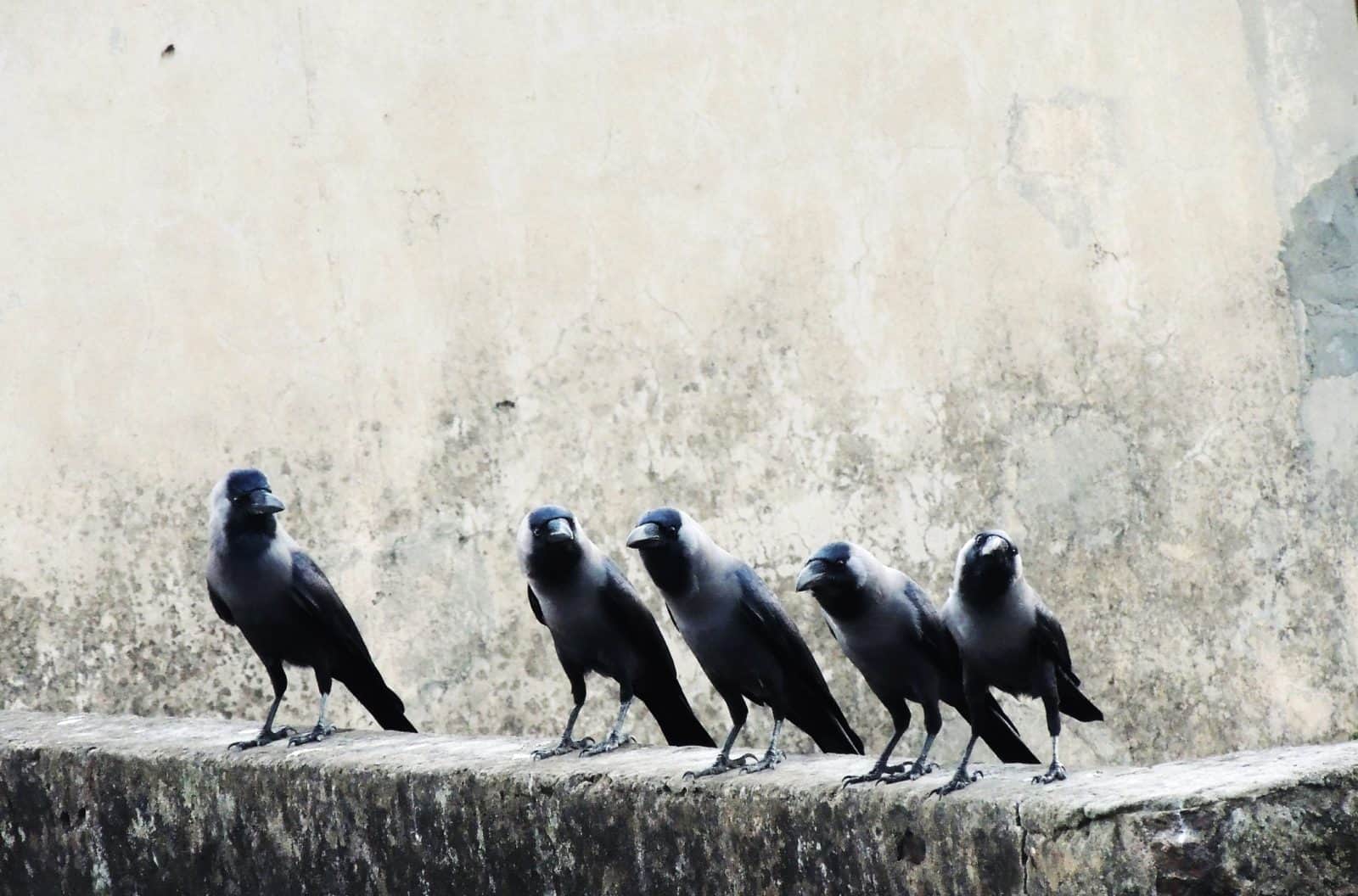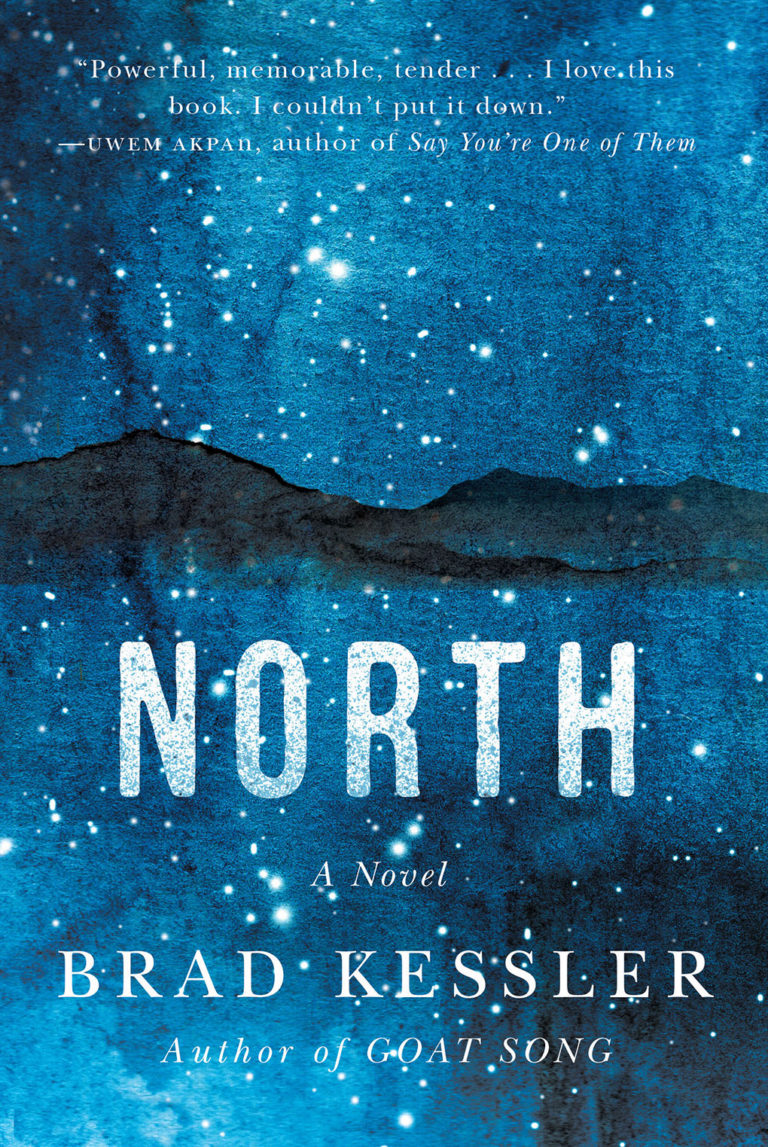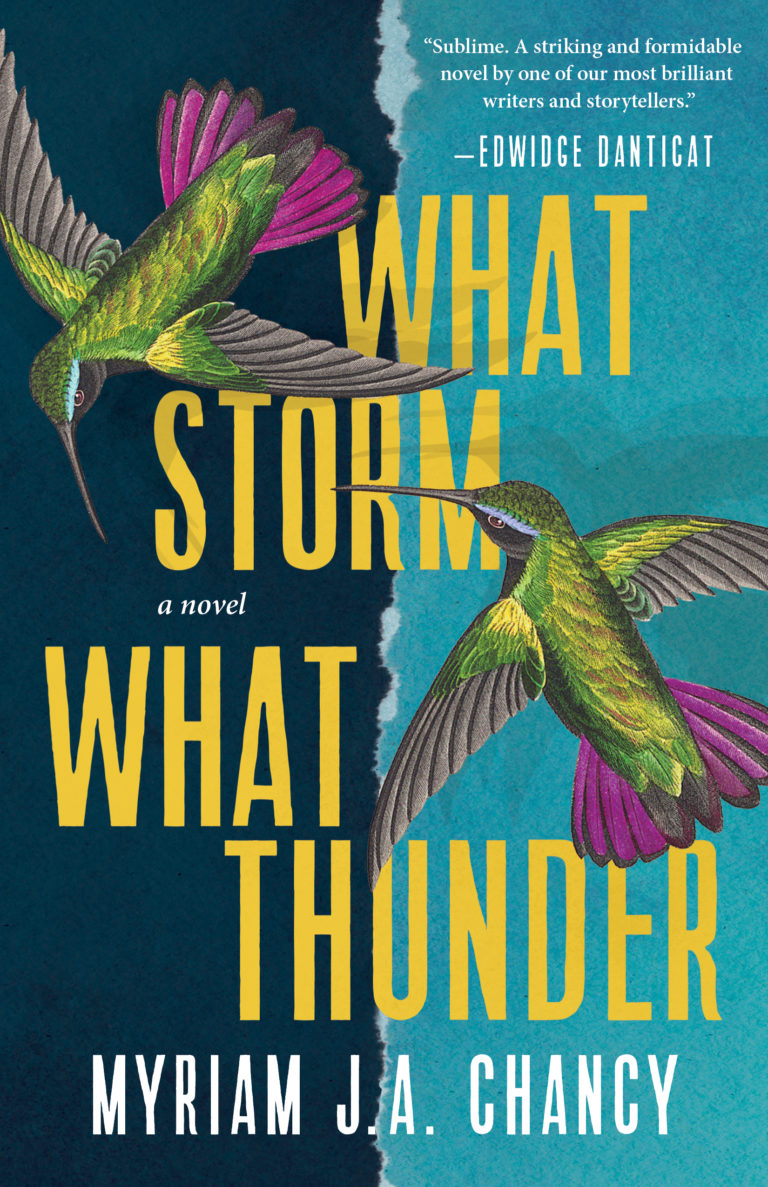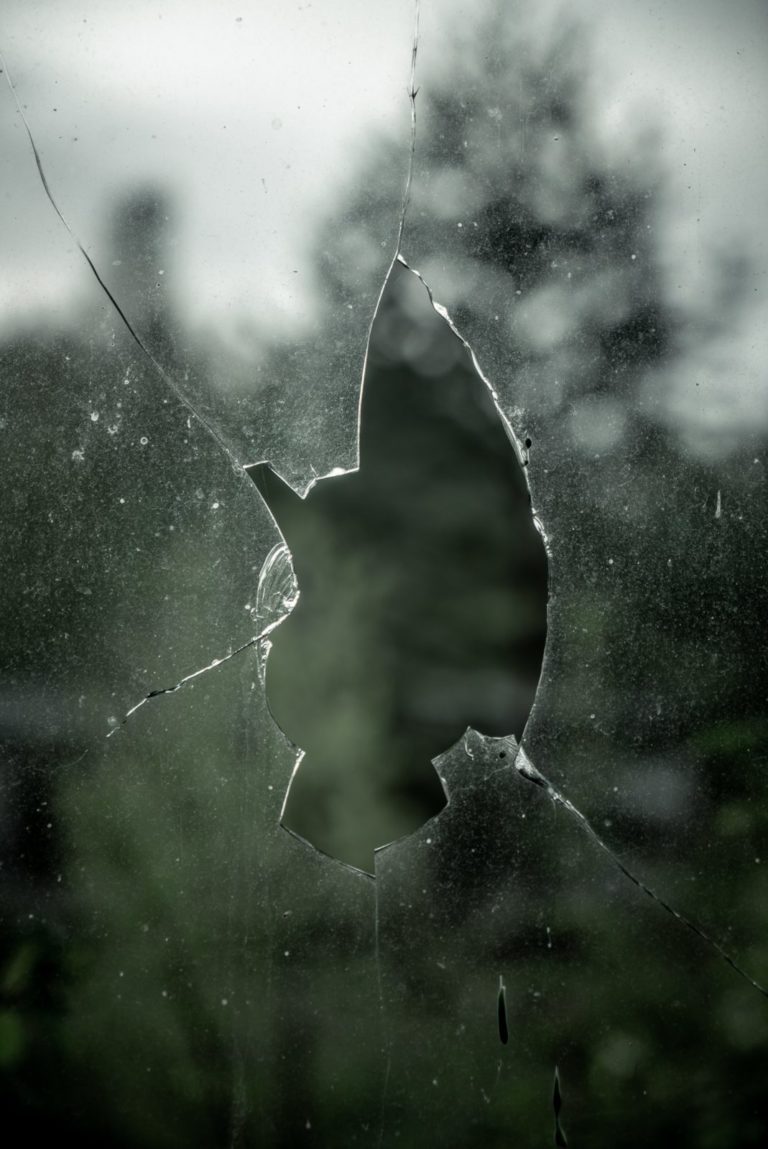Aurora, Columbine, Sandy Hook, Charleston, all sites of rampage killings that left four or more dead. Inspired by just such mayhem, “Brass,” by Joy Williams, is about a rampage killer in scenes recalled by his father. The name Jared, the setting—Tucson—and mention of “the congresswoman,” suggest the story is loosely based on Jared Lee Loughner, who critically wounded Tucson congresswoman Gabby Giffords and killed several others, including an eight-year-old child. Then, as now, questions abound: what troubling signs were missed? “Brass” lets us see for ourselves with whiplash speed and economy.
Broken narrative accounts for some of this speed: Twelve sections, and in each section with a few strokes—a small anecdote, dialogue—the disturbed son emerges, red-flagged to the reader, but to the father and mother only difficult. They respond to their son’s differences as worn-out parents do, past alarm at what is alarming and with pleas for tolerance.
Mother notes their house lacks feng shui and “isn’t organized for a happy life.” Perhaps if they rearranged the furniture? Or perhaps if they resigned themselves to the boy’s being “neuroatypical,” they might find relief? Mother’s colleagues at Parks & Recreation offer advice to make her “feel better” about her only son, but the father dismisses her P & R pals as “dipshits.” The father is the louder, more pernicious, voice in the story: “Did he respect his mother? I’d say yes, I mean, he didn’t pay much attention to her.” Need anything more be said about this woman’s effectiveness as wife and mother? Chalk one up for economy.
The rules for dialogue in a Williams story might be summed up as ‘passes muster,’ so long as nothing more need be said to convey the character’s condition. The boy, the would-be rampage killer, age nine and lost in New York City with his father, “bawls out, ‘We don’t know where we are and we don’t know where we’re going.’” The boy is overwhelmingly, despairingly confused. True then, true now, and true for all in the story and delivered in a sentence. Dialogue in “Brass” works overtime in an expository capacity. We deduce the boy’s failure to conform or behave at school from his garbled fears of “performance assessments” that can’t assess real people.
“‘Real people are complex,’” the boy says. “’A real situation can’t be broken down into abstractions. I don’t support nuclear power because there’s no place to bury nuclear waste,’ he says. ‘Nuclear power cannot be separated from nuclear waste.’”
***
The absence of transition between sentences, between speakers, between scenes, has a jump-cut effect. Speed again—sometimes dizzying as with the boy’s wilder, paranoid talk. His response to his mother’s concern about the blighted arrangement of their house is our first introduction to him: “‘That’s why you’re not supposed to have a crucifix in the bedroom. Is a cross the same as a crucifix?’ he says.” Informed by his father that “‘A crucifix is a cross with the body on it,’” the boy concedes “‘a crucifix is OK as long as the eyes aren’t open. You don’t want that in the bedroom.’”
When I think of Joy Williams writing this story, I think of an expert watercolorist making rapid, simple seeming strokes from all directions. Her characters are complex. The boy makes nonsense assertions of superiority: “I see things in parts” or “When I think something it rethinks it for me” or “Nobody’s going to be able to translate me.” At the same time, he speaks as a very little boy, uncertain. “Daddy. . .you don’t think I can do anything.” With just such a flick of the brush—“Can you learn about ducks by studying mechanical ducks?” Williams shades the portraits of these sufferers.
***





















